Most of the time, musicians, and music, is very people-centered. You have front people with iconic looks and four chords to their name and they become gods. But music, real music, is everywhere. It narrates our lives better than the most seasoned author. And there’s a whole world of music that we don’t realize is music because we don’t hear it but feel it.
Josh Kantor is in the not-so-silent service of making people feel, and he’s doing it in the biggest way possible; as the organist at Fenway Park in Boston. He also happens to be the keyboardist for the super-group The Split Squad.
I sit down with Josh and we dine on peanuts and crackerjacks.
RRX: You are the organist for Fenway Park. You are a true unsung hero in that regard. In fact, you’re really emblematic of the park in a way that nothing else is. You are Fenway to some people, when the Green Monster opens its mouth, you are its voice. How emotionally attached would you say you are to the stadium?
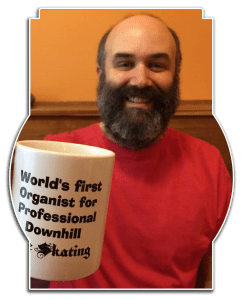 JK: When Fenway Park is alive, I feel extremely attached to it. During 2020, the ballgames were played in an empty stadium; they always felt lifeless, and I realized fully how much I depend (and thrive) on connecting with people. Now that fans are back in the stands, the joy is returning; it feels intimate even when it’s 38,000 people, and I love that. Lots of people come to Fenway only once every few years or only once ever; it’s extraordinarily gratifying to play even just a small role in helping create lasting memories for them.
JK: When Fenway Park is alive, I feel extremely attached to it. During 2020, the ballgames were played in an empty stadium; they always felt lifeless, and I realized fully how much I depend (and thrive) on connecting with people. Now that fans are back in the stands, the joy is returning; it feels intimate even when it’s 38,000 people, and I love that. Lots of people come to Fenway only once every few years or only once ever; it’s extraordinarily gratifying to play even just a small role in helping create lasting memories for them.
RRX: Among all the things you do to keep the momentum up in a baseball game, you are known for taking fan requests to play organ versions of popular music. This has to be daunting, since there are a million popular songs, and probably a million requests. What kind of song does a fan have the best shot of getting you to learn it? Any past favorites?
JK: It’s *very* daunting, because every game is a new list of songs to learn and play on the fly, and there’s always some that I’ve never heard before and others that I’m only slightly familiar with. I’ve gotten a lot better at the process of learning and juggling all the requests, so though I’ve made the job much harder than it needs to be, I’ve also made it more fun than it otherwise ever could have been, and I get fantastic insights on what people want to hear, including plenty of stuff I never would’ve thought of. And I love that kind of direct interaction with fans and how I’m playing a song for everyone but also playing it for that one person who asked to hear it. There’re too many favorite requests to name (or even remember). I’ve probably played over 5,000 in the past decade. The songs I’m most drawn to are the ones that have a catchy melody, an interesting structure, and a personal story behind the request from the person submitting it.
RRX: Being the music of the moment, there’s a good bet that you’re called regularly to punctuate great plays, solid at-bats, unbelievable catches. But you have a job to do, and you’re probably too busy helping to make moments to actually experience them. Have you ever watched great games later on ESPN or something to see it like a fan?
JK: No, but when there’s an exceptional play, I make a mental note to watch the highlight later when I can savor it without having to be thinking about what I’m doing next. And when there’s a big win, I check in with my colleagues after the fans have filed out so I can appreciate those moments in a more fan-like capacity.
RRX: I’m willing to bet that very few people know what the organ room looks like. People may have images of Phantom of the Opera, with a little hunchback of Notre Dame mixed in, but they don’t know. For you, it’s a place you spend hours a day in, creating some pretty magical stuff. Can you describe it to us?
JK: It’s very unglamorous. It’s a cramped and somewhat hidden space, and the organ and I are surrounded by necessary wiring, monitors, lights, clocks, notes, a headset, and a laptop, but the sound that reaches the ballpark seating bowl from that little cubby hole is good.
RRX: Just like your working area, the Fenway organ is an instrument that few people have seen in its entirely; maybe no one has seen it in its entirety. It has not only power and history, but a little mysticism. Yet it is an instrument. How is the Fenway organ like other organs, and how is it different? Is it just bigger, or is there something else?
JK: It’s a 1995 Yamaha Electone AR-100. No two organ models are alike, so as with any model, it takes a little time to get comfortable with it, but at this point, I know my way around it and know what I need from it, so I’ve been able to tweak it to where it gives me the most control and the best result I can get. I’ve always liked the model a lot, partly because it’s what I’ve gotten so used to, and partly because it’s well-suited for the gig. I enjoy showing it to people at the ballgames who express an interest in seeing it or who have questions about it. I end up meeting a lot of other organists that way and learning from them about models that they use.
RRX: In addition to Fenway, you also play keyboards for super-group The Split Squad. And it seems that things are looking up as far as everyone being able to go out and take in sweet music. Where are you all trying to play out this year? Do you have your eye on any spots? And what new songs are you packing for the upcoming road trip?
JK: Our new LP will be out soon, and we’re really pleased with how it’s turned out, so we’ll have lots of fresh material there to draw from for live shows. Things are still a little up in the air as far as exactly when it’ll be safe and comfortable to pack clubs again, but we’re tentatively/optimistically eyeing at least a couple dates in the mid-Atlantic US in early October, and as we did for the seven years prior to the pandemic, we’ll be looking for opportunities around the Northeast US (where three of us live and the other two visit regularly) as well as other parts of the US and in Western Europe. We always have a great time when we get a chance to tour, and I feel like I’ve gotten my Rock Ph.D. from my four professor bandmates.
Author
Staff
You may also like
Continue reading
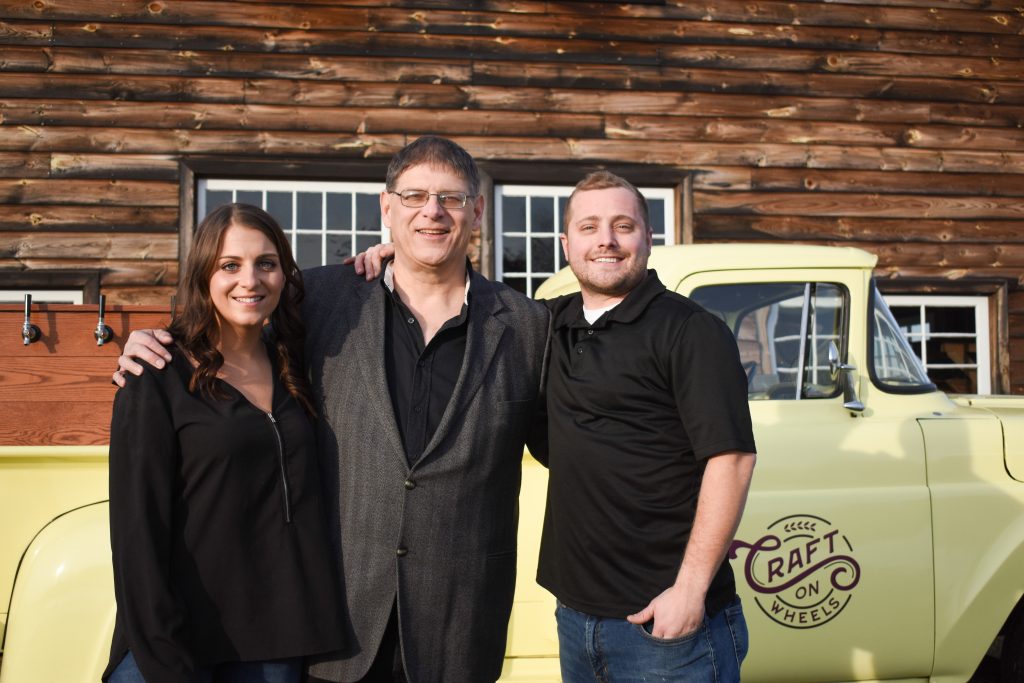
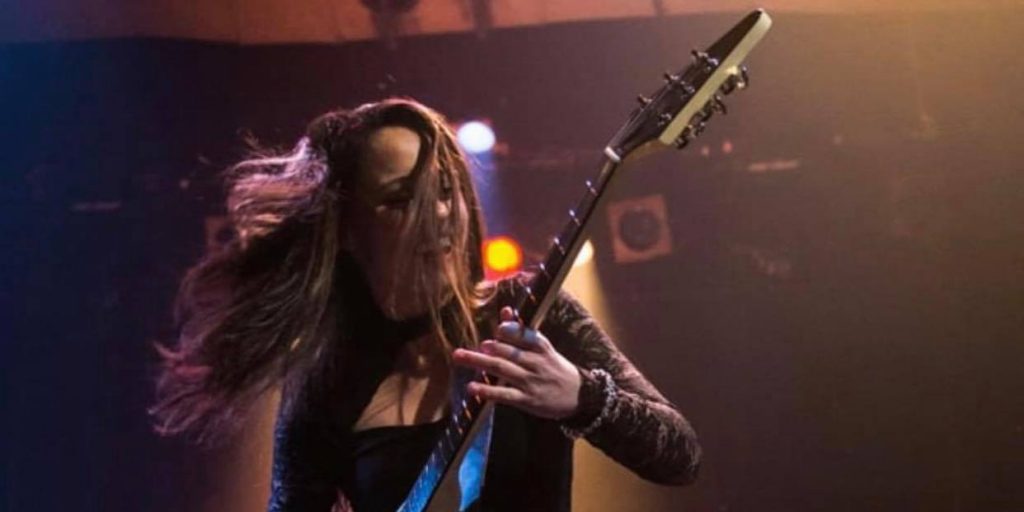
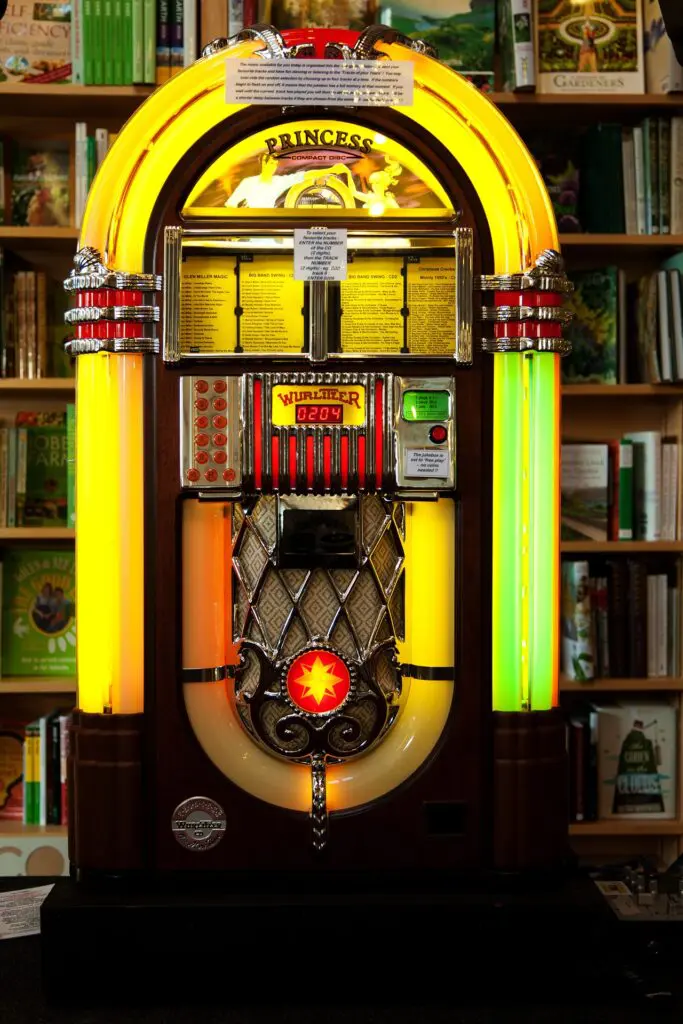
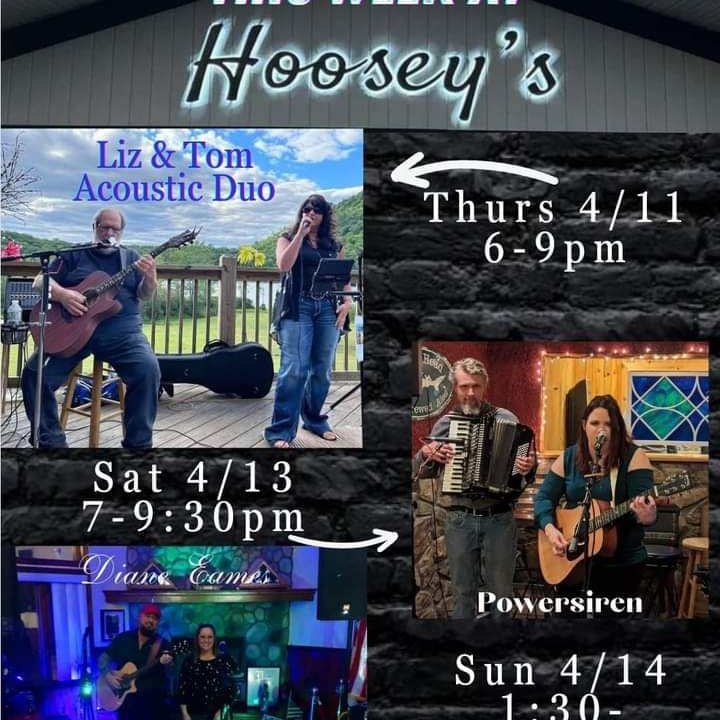
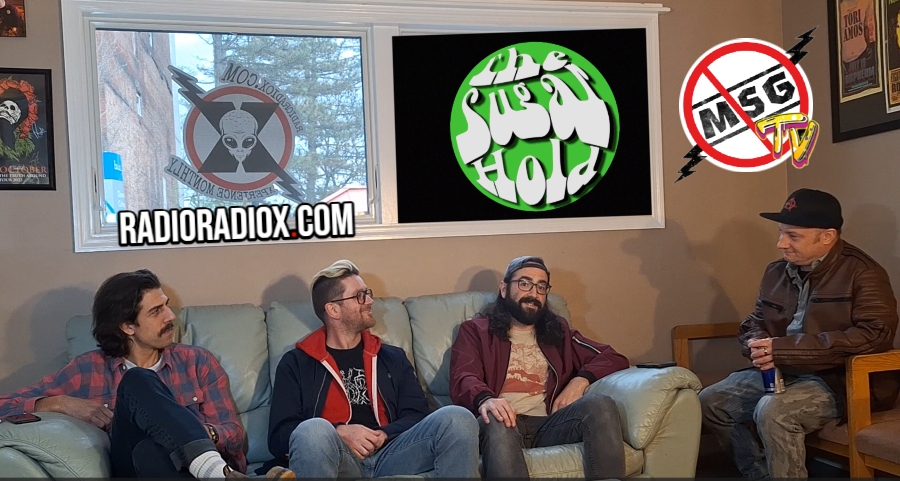
 RadioRadioX
RadioRadioX